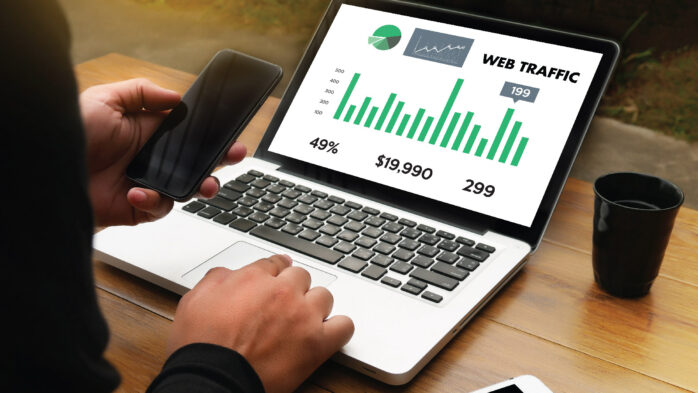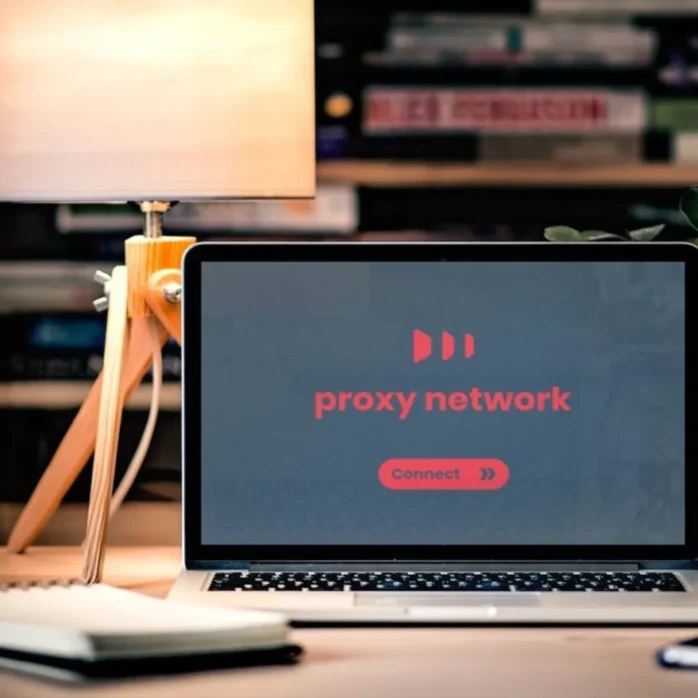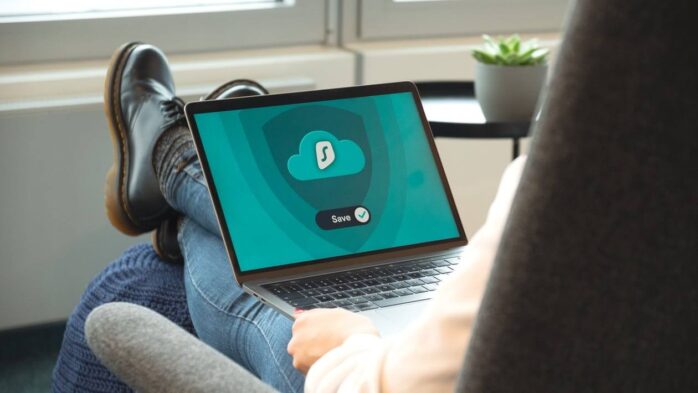
The way we sell our products and services has changed dramatically thanks to social media. According to HubSpot, 4.55 billion individuals are engaged on social media as of October 2024, accounting for more than half (56%) of the worldwide population! This makes having a social media marketing/content development team vital if you want to generate leads, traffic, and sales for your business. However, as you will learn throughout the article, there are many restrictions social media platforms put in place that make it harder to accomplish your social media goals.
In this article guide, you’ll discover the limits put in place by social media platforms, what social media proxies are and why you should use them, as well as the five things you should know about them. So, without further ado, let’s get started!
What Social Media Restrictions are Present?

To combat fraud, social networking sites are increasingly rigorously regulating third-party programmes, logins, and account creation or sign-ups. These limitations become a major worry when we wish to create many accounts to expand our visibility across different networks. This has ramifications for businesses that require many profiles. Managing multiple accounts from the same device/IP address puts your business in a significant risk which can result in the following:
- Some if not all accounts associated with the device/IP address may be removed.
- Your ISP may have a legitimate cause for blocking you.
- Shadowbanned accounts – which means that they will limit the reach of your posts without telling you.
These restrictions prevent many social media managers because they’re afraid of the consequences. However, fear no more! Because with the use of a social media proxy from Geonode.com, you won’t have to worry about these restrictions again.
What Are Social Media Proxies?

Social media proxies are responsible for concealing your identity by acting as the intermediary between you and the internet. It is critical in preventing major difficulties from arising as a result of these limits. Proxies allow you to mask your identity by allowing you to ‘virtually’ connect from any place on any device; this allows you to manage your accounts without worrying about being blocked or banned. At their most basic level, social media proxies are responsible for diverting your connection in order to get around social media site limits.
5 Things You Should Know
Now that you have a brief understanding of what social media proxies are, it’s time for you to learn the 5 things you should know about social media proxies.
1. Residential Proxies vs. Datacenter Proxies
There are two types of social media proxies: residential proxies and datacenter proxies.
Residential proxies are one of the most frequent sorts of proxies available, and they’re usually provided by your Internet Service Provider (ISP), although they can also be purchased from a third party. They also let you choose where you want to access the internet from (country, city, and mobile carrier). They work as a barrier between your real IP address and the website you’re on.

Datacenter proxies are available to the public in physical data centres all around the world. They are typically more technologically sophisticated, stable, and affordable. They are not, however, without faults. For starters, datacenter proxies have a limited number of locations, making it impossible to disguise your genuine IP address without being identified, which leads to the second point: datacenter proxies perform badly when compared to residential proxies. Datacenter proxies lack the ability to act like individuals since they have such a limited number of locations. As a result, residential proxies are a better choice for social media because of their superior location.
2. Avoid Free Proxies
The primary goal of a proxy is to protect the user’s privacy and anonymity when visiting websites. Because it’s free, a free proxy server may appear to be the greatest alternative. Right?
A free proxy server, on the other hand, indicates the owner is more likely to benefit off you and your information, making the proxy server less safe. In the end, you should only utilise free proxies at your own risk.
3. Accessing Restricted Content

If you’re a SM manager, you may get into a situation where you can’t receive information on your target market because they live in another country. No longer be afraid! By using a social media proxy, you can gain access to this prohibited material by selecting a location other than your own. This is especially handy for folks who conduct a lot of research and frequently need to access restricted information.
4. Security
Everyone, especially social media users, should prioritise keeping their information secure. Because there’s a good risk your account may be hacked or infected with hazardous spyware if you utilise social media. The most common way for this to happen is through downloads. However, because your IP address changes every time you visit a website, proxy servers provide an extra layer of security. As a consequence, your data is encrypted, making it impossible for hackers to access your data servers. This is crucial because if your account is hacked, your personal information will be exposed to multiple databases and will be incredibly difficult to remove.
5. Anonymity

Perhaps the most crucial benefit given by a proxy server is the level of anonymity it provides. By changing your IP address with each login, proxy servers hide your genuine identity. This is especially important if you’re doing a hidden job like market research. You don’t want your competitors to view the information that has been released. If you’re dealing with sensitive financial data from the firm, such as bank accounts, financial statements, and so forth. You want to keep these facts private, and one of the easiest ways to do so is to use a proxy server.
Conclusion
In conclusion, you now know what social media restrictions are, what social media proxies are, and the 5 things you should know about social media proxies.











